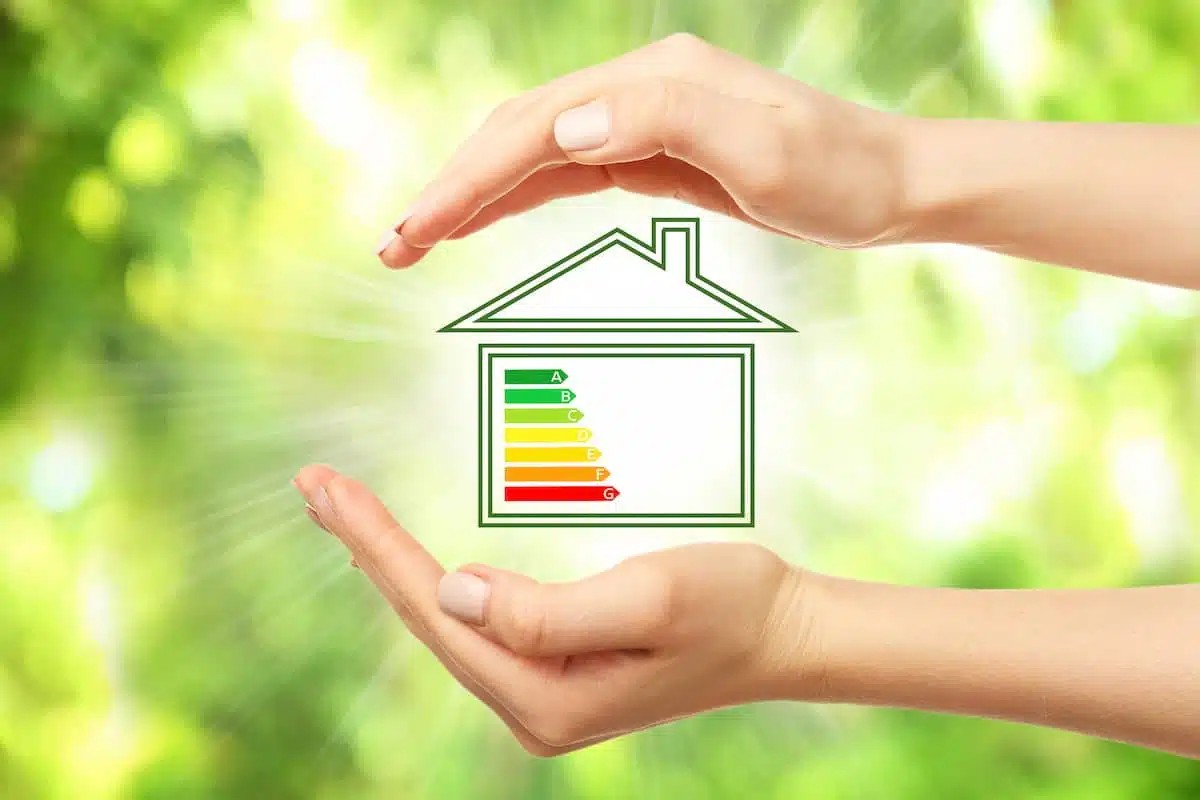
Moldovan government approves strategy for renovation of real estate stock
Moldova will implement a strategy for the renovation of the real estate stock by 2050. This will allow for the mobilization of investments in the energy efficiency of buildings and the cutting of consumers’ invoices. The government approved the document today.
The long-term sectoral strategy for the renovation of the national real estate stock for the period 2025 - 2050 aims to increase the energy efficiency of public, private, and residential buildings of Moldova by 2050, facilitating the transformation of all existing buildings into almost zero-energy buildings.
Energy Minister Dorin Junghietu has said that more than half of the energy consumed in Moldova came from the buildings sector.
“The energy efficiency of buildings brings benefits to people and society as a whole. By reducing energy consumption, tenants will enjoy lower invoices and will have more money available for other essential needs. At the same time, buildings’ renovation contributes to enhanced thermal comfort, improved living conditions and increased safety of constructions,” said Dorin Junghietu.
The strategy proposes a phased intervention framework with three levels of renovation: minor (up to 30% energy savings), moderate (30-60%), and deep (over 60%). The measures include thermal insulation of walls and roofs, modernization of heating and ventilation systems, replacement of energy-inefficient windows and doors, as well as other works aimed at enhancing indoor comfort and reducing climate impact.
According to the authorities, investments in energy efficiency will also have a positive impact on the architectural aspect of buildings and contribute to increasing their market value. Besides the direct benefits for tenants, these investments generate significant economic effects - from the creation of new jobs in construction, engineering, and other related fields, to the strengthening of the country's energy security by reducing dependence on external energy sources.
The project's info note reveals that the implementation of the Strategy in the period 2025-2030 requires total investments of about 4,393.8 million euros, of which approximately 405 million euros is already mobilized through various programmes/projects initiated by the Government. Thus, to cover the investment gap, estimated at about 4.0 billion euros by 2030, mobilizing private capital and creating mechanisms to encourage private sector involvement is vital.
Implementing the strategy will contribute to reducing energy consumption, as a result of renovating the national building stock. Consequently, with the reduction in energy consumption, CO2 emissions will also decrease, positively impacting the environment. The implementation of the Strategy will result in annual primary energy savings: by 2030 - 4.5 per cent, by 2040 - 18.9 per cent, by 2050 - 40.8 per cent. The CO2 emissions will be reduced by 2,514,622 tons.
According to statistics data, in 2022, buildings accounted for approximately 53 per cent of the total final energy consumption nationally, significantly exceeding other sectors, such as transportation or industry. Most buildings existing in Moldova were built during the Soviet era, between the 1960s and 1990s, or even earlier, in a technological and regulatory context that did not emphasize energy efficiency. Energy audits have shown that energy losses can reach 50-60 per cent in many cases, generating high costs for building users and a significant carbon footprint.
PM says Moldova makes huge progress in energy sector, wants to continue at more accelerated pace
VIDEO // 135 Italian tourists arrived in Chisinau on surprise flight organized by Investments Agency
Secretary of Energy Community: ''Energy Strategy 2050 will accelerate Moldova's path to EU membership''
Energy Strategy 2050 presented in Chisinau
VIDEO // About 80 percent of Vulcănești–Chișinău power line pillars installed
Consumer prices slightly decrease in Moldova in last August
PHOTO // Moldovan energy minister inspect works at Chisinau Power Station
Record number of registrations at Moldova Business Week 2025; agenda includes over 30 events
Railway of Moldova enterprise announces significant progress: increased revenues, reduced debts, paid salary arrears
Raids made in north Moldova city in file on illegal financing of parties
Moldovan government approves strategy for renovation of real estate stock
Government approved amendments to facilitate construction of energy independence line 400 kV Vulcănești–Chișinău
Prime Minister warns about risk of vote fraud
President at Romania-Moldova Economic Forum
Iurie Mahu appointed deputy head of General Inspectorate of Probation
Prime Minister announces US government investment in complete construction of Strășeni - Gutinaș power line
Moldova supplied with natural gas for cold season
Reshuffle at IGSU
PHOTO GALLERY // Romania- Moldova Economic Forum held in Chișinău
Moldovan President gives green light to Center for Strategic Communication and Counteracting Disinformation
VIDEO // Prime Minister: USA provides $130 million for full construction of Strășeni-Gutinaș power line
Alegeri parlamentare 2025
Elections in diaspora: Foreign Ministry announces postal voting envelopes sent
Romania interested in purchasing Giurgiulesti Port
PHOTO GALLERY // National Art Museum of Moldova adds 74 works by Theodor Kiriacoff-Suruceanu and 9 works by Andrei Sârbu to collections, donated by collector Marat Ghelman
Moldova's Commission for Judges' Evaluation organizes repeated public hearings for two magistrates of courts of appeal


